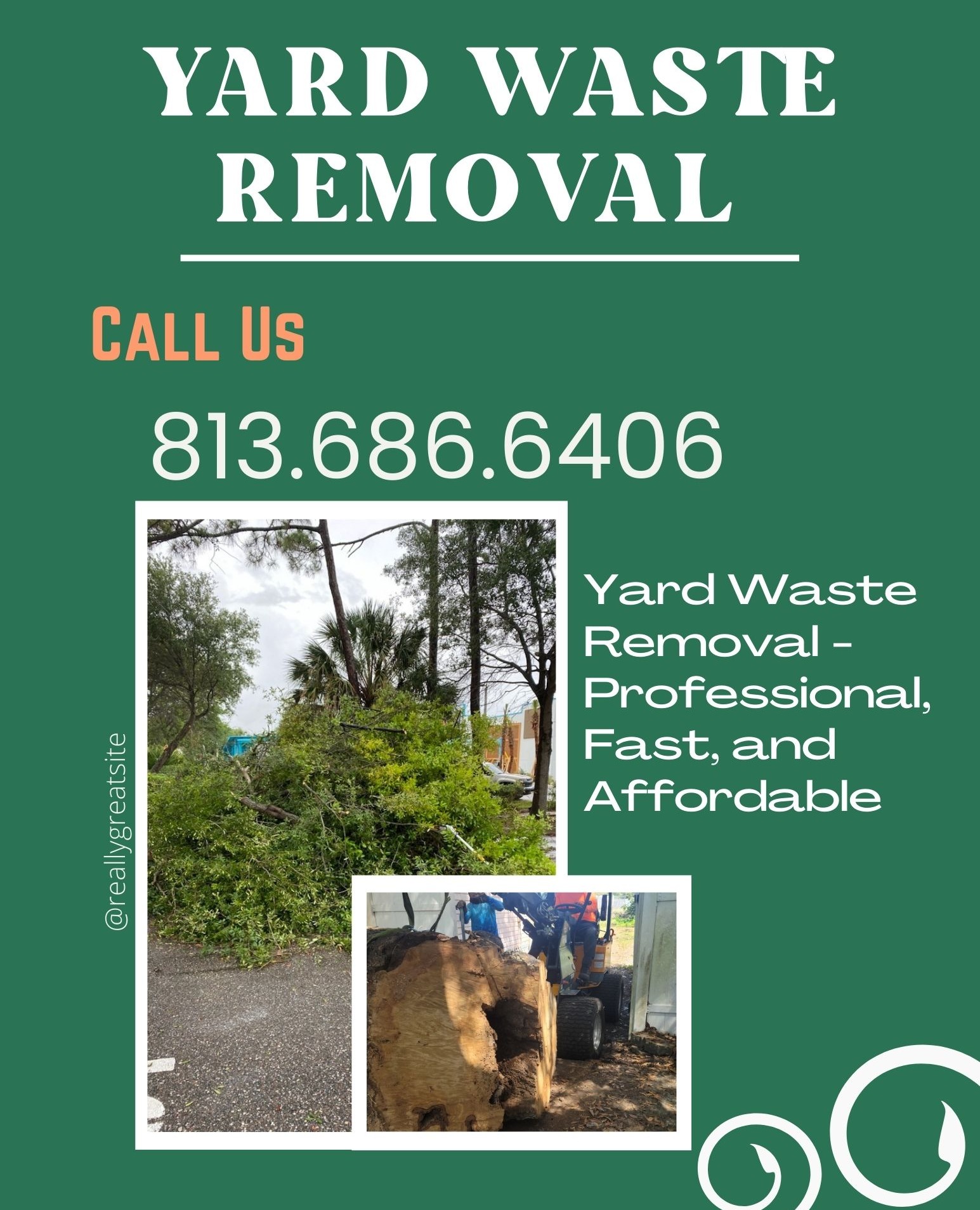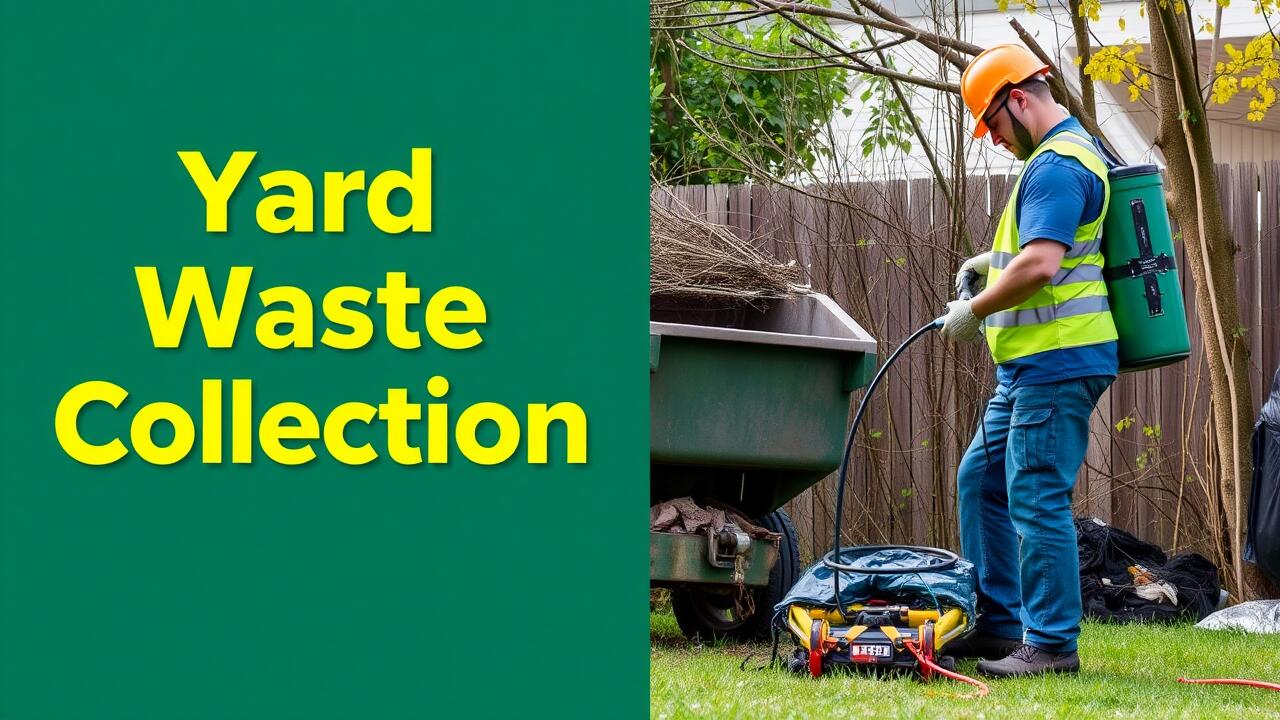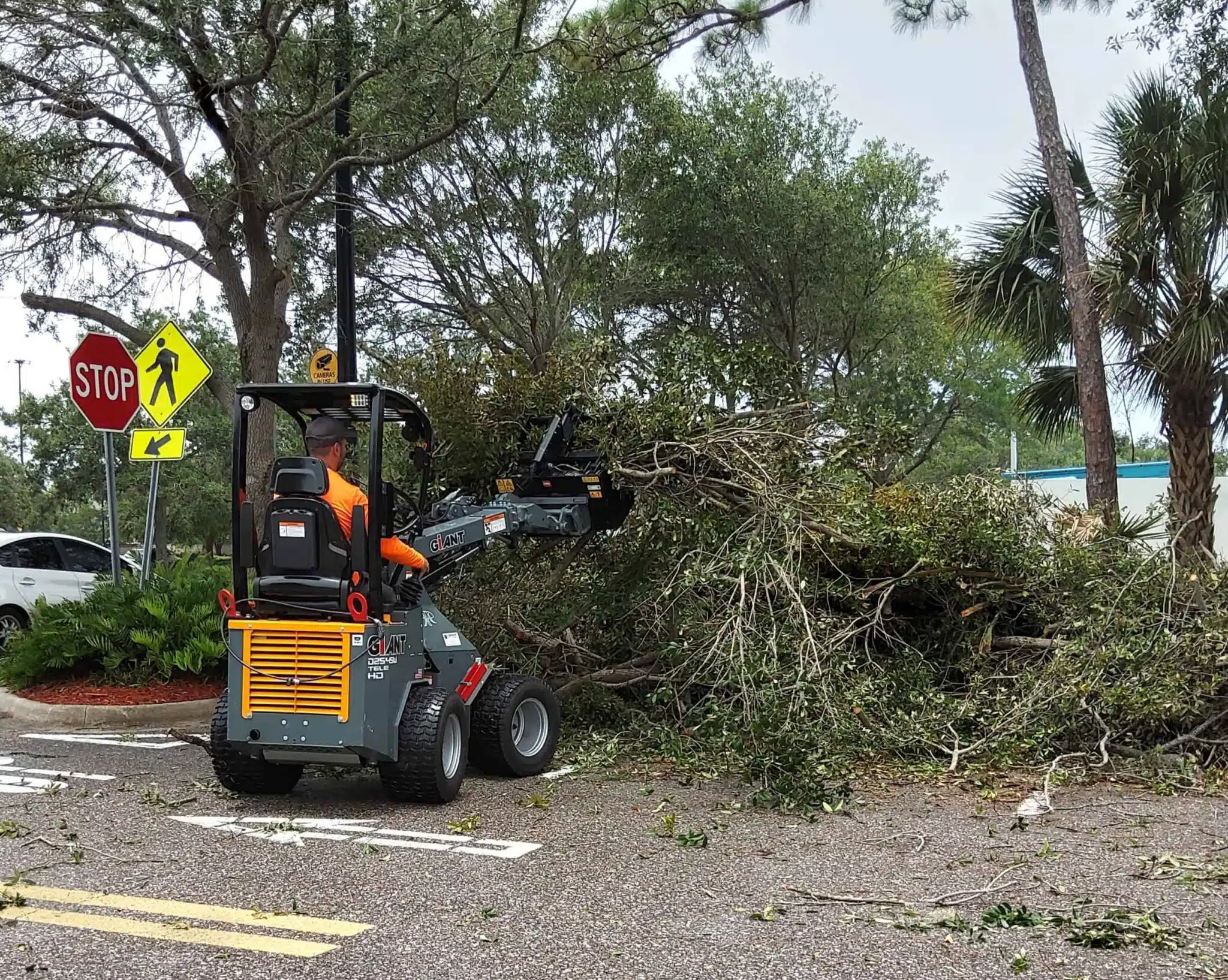
Seasonal Considerations for Yard Waste
During the spring and summer months, yard waste collection can typically increase due to generous growth in vegetation. Homeowners often find themselves pruning, trimming, and regularly mowing lawns. As a result, it’s essential to stay informed about local collection schedules and guidelines, as some municipalities may adjust their services to accommodate the surge in waste. Properly preparing yard waste for collection during these active seasons not only helps maintain the cleanliness of the property but also ensures smooth transportation to composting facilities.
Call for a Free Estimate 813-597-7922
In contrast, the fall brings unique challenges as leaves blanket lawns and gardens. The volume of yard waste shifts dramatically, requiring a change in how waste is managed. Collecting and disposing of leaves efficiently helps prevent damage to grass and can promote overall yard health. Homeowners might consider implementing regular collection routines during this season to avoid overwhelming their disposal services. By staying adaptable and aware of these seasonal changes, effective yard waste collection becomes a manageable task.
Get more info by visiting this post.
Adjusting Your Collection Habits Throughout the Year
As the seasons change, your approach to Yard Waste Collection should also adapt. During spring, an influx of fallen branches, leaves, and remnants from winter storms often requires more frequent pickups. This is an ideal time to take advantage of collection services that may offer additional curbside pickups to accommodate the increased volume of yard debris. Regularly assessing the amount of waste generated helps in planning your collection habits to ensure nothing is left behind.
Summer demands a different strategy for Yard Waste Collection, focusing on grass clippings and garden trimmings. With most gardens in full bloom, regular mowing and pruning create significant organic waste. Utilizing compost bins or mulch can reduce the amount of waste needing collection while simultaneously enriching your soil. Fall presents its own challenges, with piles of leaves needing timely removal to prevent lawn damage. Scheduling collections early in the season makes managing these seasonal changes simpler and more efficient.
Common Mistakes to Avoid
When engaging in Yard Waste Collection, one of the most common mistakes homeowners make is misclassifying materials. Many people may inadvertently include items that don’t belong, such as plastic bags or non-biodegradable products, which can lead to contamination issues. This can complicate the recycling process and may result in penalties or fines. Understanding local regulations regarding what can and cannot be included in yard waste bins is essential for proper disposal.
Another frequent oversight involves the timing of yard waste collection. Homeowners may wait too long to clear their yards, leading to an accumulation of debris that can attract pests and create a more labor-intensive cleanup process. Timely collection not only keeps your property looking tidy but also promotes a healthier environment by minimizing the risk of fungal growth and other issues associated with decomposing organic matter. Regularly scheduled maintenance is key to avoiding these pitfalls.
Call for a Free Estimate 813-597-7922
Misclassification and Contamination Issues
Misclassification and contamination issues can significantly impact the effectiveness of yard waste collection programs. When residents incorrectly sort materials, it often leads to contaminated loads that facilities cannot process. Items like plastics, food waste, or treated wood mistakenly placed in yard waste can result in the entire batch being rejected. This not only wastes resources but also complicates the recycling process, undermining the goal of sustainable waste management.
To avoid these pitfalls, it is crucial to understand the guidelines set by local waste management authorities. Familiarizing oneself with the acceptable items for yard waste collection can streamline disposal efforts. Regular communication with neighbors about proper sorting practices can also contribute to a cleaner collection process. Keeping clear signage on compost bins or yard bags may serve as a helpful reminder for everyone involved.
Tools and Supplies for Yard Waste Management
To manage yard waste effectively, having the right tools and supplies is essential. Basic equipment like rakes, bags, and shovels facilitates quick cleanup. Consider investing in a sturdy yard waste bin that complies with local Yard Waste Collection guidelines. A compost bin can also be a valuable asset, allowing homeowners to recycle organic materials and reduce the volume of waste sent to landfills.
Additionally, gloves protect hands from thorns and splinters during collection. A good pair of pruning shears aids in trimming back overgrown plants and branches, making the process more manageable. When preparing for Yard Waste Collection, ensure that any materials are sorted properly and free from contaminants. This not only helps maintain the integrity of the collection process but also supports environmental sustainability efforts in your community.
Essential Equipment for Efficient Cleanup
Having the right tools can significantly enhance your Yard Waste Collection efforts. Basic equipment includes gloves to keep your hands protected from sharp materials and debris. Rakes are useful for gathering leaves and other lightweight waste. A sturdy wheelbarrow or garden cart simplifies the transportation of collected debris, making the process more efficient. Additionally, having a pair of pruning shears on hand allows for the quick removal of small branches and overgrown shrubs.
Another important aspect of efficient cleanup is the use of appropriate containers. Compost bins serve as excellent options for organic material, while biodegradable bags can accommodate grass clippings and smaller yard refuse. Investing in a good quality tarpaulin can facilitate the gathering of larger items, allowing you to drag them to your designated collection area without much hassle. Proper equipment not only eases the workload but also ensures that your Yard Waste Collection remains organized and effective.
Call for a Free Estimate 813-597-7922
FAQS
What is yard waste, and what materials are typically included?
Yard waste generally includes organic materials such as grass clippings, leaves, branches, and shrubs. It excludes non-organic materials like plastics, metals, and treated wood.
How often is yard waste collected in residential areas?
Yard waste collection frequency varies by municipality. Many areas offer weekly or bi-weekly collection during the growing season, while some may have seasonal or monthly schedules during colder months.
What are some common mistakes to avoid when disposing of yard waste?
Common mistakes include placing non-yard waste items in yard waste bins, failing to properly separate materials, and not adhering to local collection schedules.
Can I compost my yard waste at home?
Yes, composting is an excellent way to recycle yard waste. However, it’s important to follow proper composting guidelines to ensure that the materials are broken down effectively.
What tools and supplies are recommended for efficient yard waste management?
Essential tools include a rake, shovel, yard waste bags or bins, gloves, and a compost bin if you plan to compost. Having these supplies on hand can make yard cleanup more efficient and manageable.
Call for a Free Estimate 813-597-7922


